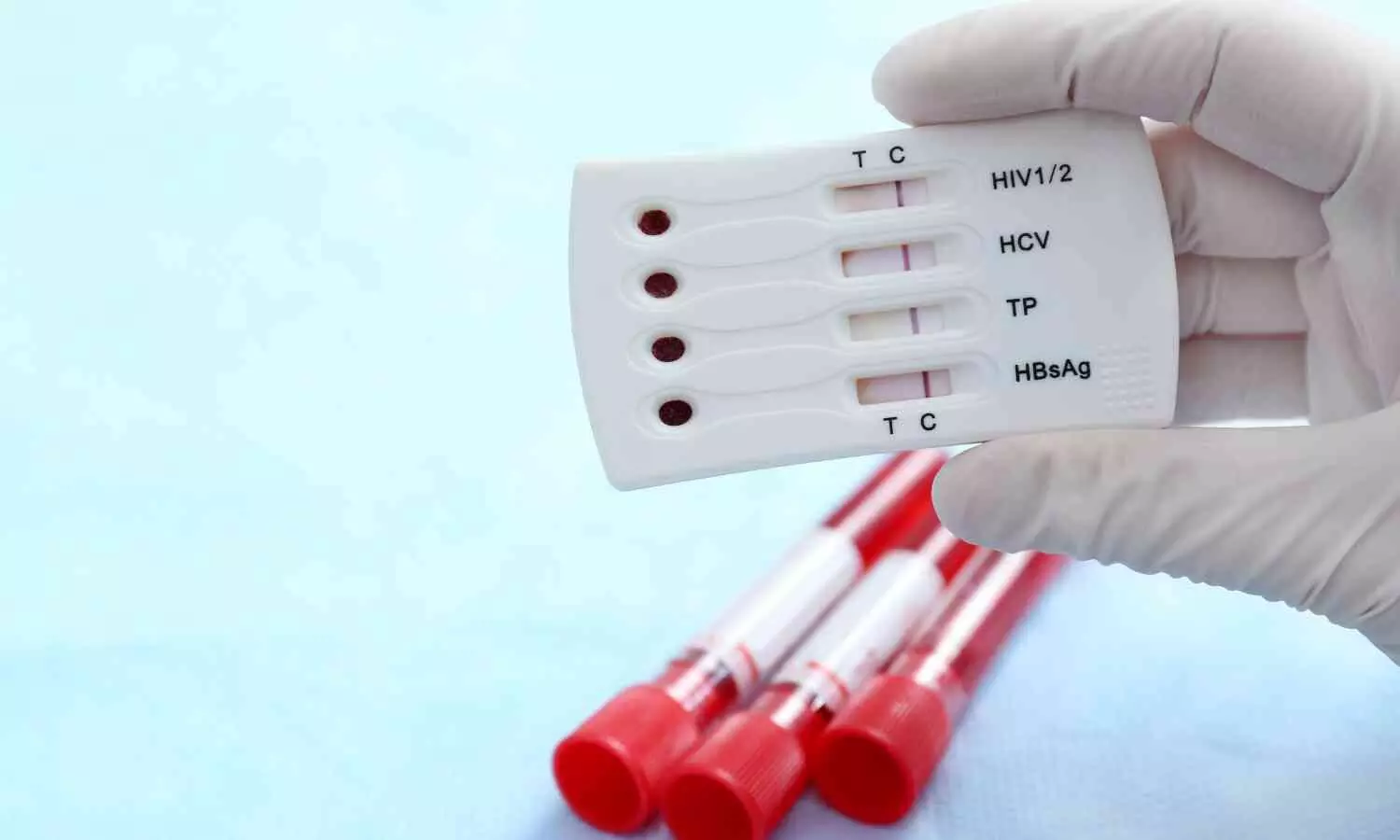ASI Urges Govt to Include HIV Self-Testing and PrEP in National Policies Amid Rising Cases

New Delhi: The AIDS Society of India (ASI) has called on the government to urgently integrate HIV self-testing and pre-exposure prophylaxis (PrEP) medicine into national policies and programs.
ASI emphasized that these measures can help close critical gaps in HIV diagnosis and prevention. According to the World Health Organisation (WHO), HIV self-testing, recommended as part of the HIV care cascade since 2019, is pivotal for reaching key populations.
“We need to ensure that 100 per cent of people living with HIV know their status so that they can receive full cascade of HIV care services and stay virally suppressed (undetectable viral load) – which is essential for them to live full and healthy lives – as well as to end AIDS,” stated Dr Ishwar Gilada, President-Emeritus, ASI.
The National AIDS Control Organisation's (NACO) 'Sankalak report 2023' shows that 79% of people living with HIV (PLHIV) in India are aware of their status, 86% of them are on antiretroviral therapy (ART), and 93% have achieved viral suppression.
However, ASI notes that only 63% of the total PLHIV in India are virally suppressed in 2023, falling short of the target to suppress 86% by 2025.
“India’s role in the global prevention of HIV-related deaths is unmatched and laudable. However, almost 92 per cent of people living with HIV (PLHIV) and persons at risk of contracting HIV globally are consuming ‘made-in-India’ anti-retrovirals (ARVs),” added Dr. Gilada.
Recent advancements, such as the success of Lenacapavir shots in preventing HIV among 96% of at-risk populations and Gilead’s decision to grant royalty-free licenses to six global generic pharma, including four Indian companies, have made headlines. However, Dr. Gilada expressed concern that, “How India benefits from it remains in doldrums, as PrEP is not part of its National AIDS Control Programme (NACP).”
While ART implementation has reduced HIV infections, ASI reports that cases have begun rising since 2020, especially among younger populations.
Additionally, HIV prevalence is significantly higher among key groups: four times among migrants, five times among truckers, nine times among central jail inmates and female sex workers, 16 times among men who have sex with men (MSM), 18 times among hijra/transgender individuals, and 43 times among people who use drugs.


